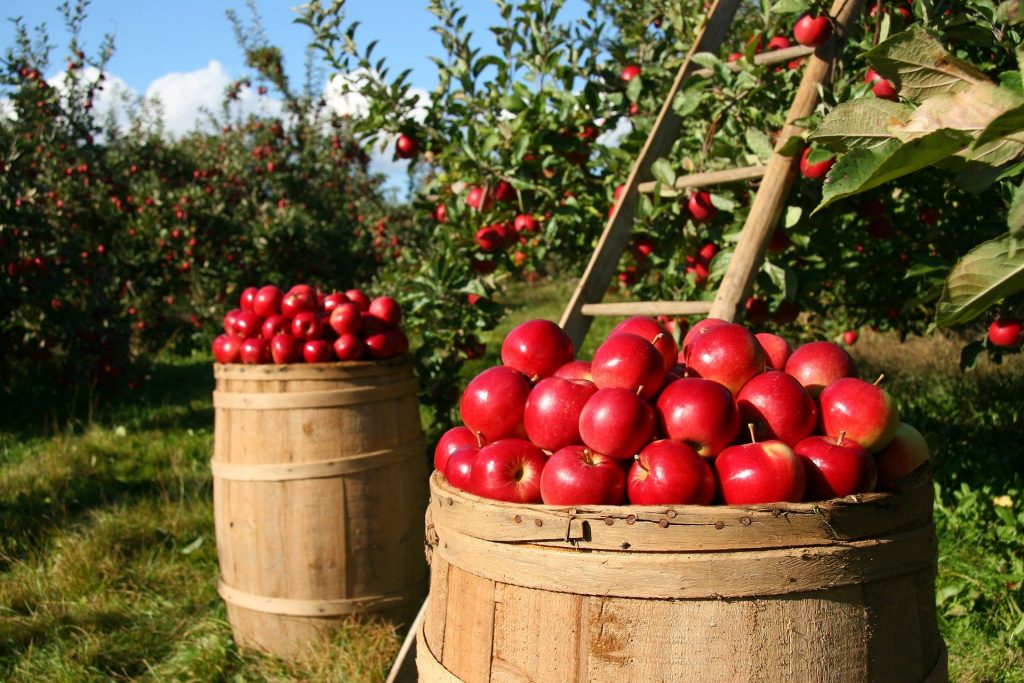By Shonottra Kumar


Recent years have seen a fast-growing trend in adopting a healthier lifestyle. With this, also came a widely shared enthusiasm for the consumption of organic foods. But do you know what makes food or produce organic? How do you distinguish them from those that are not? Have you also wondered if these organic products are required to meet certain criteria or standard to be truly called organic?
The government took up the organic farming initiative in 2000. A certification mark was established called ‘Indian Organic’ under the government’s National Program for Organic Production (NPOP). This mark is issued for products by testing centres that were accredited by the Agricultural and Processed Food Product Export Development Authority (APEDA).
Products that bear this mark are considered to be certified organic food products manufactured in India and conform to the National Standards for Organic Products. These standards are in place to ensure that the product or the raw materials used in it was grown through organic farming, without the use of chemical fertilizers, pesticides or induced hormones.
There is another certification that is issued under the Participatory Guarantee System that is implemented by the Ministry of Agriculture and Farmer’s Welfare. Producers of organic foods have the option of getting either of the certifications.


What are Organic Foods?
Legally defined, ‘Organic food’ means food products that have been produced in accordance with specified standards for organic food production. However, they are broadly understood to be products of holistic agricultural practices focusing on biodiversity, soil health, chemical-free inputs, etc. with an environmentally and socially responsible approach and are produced in accordance with organic production standards.
Are there laws regulating organic foods in India?
FSSAI, a statutory body under the Ministry of Health and Family Welfare that is responsible for protecting and promoting public health through the regulation and supervision of food safety, has the mandate to regulate, manufacture, distribute, sell or import organic foods in accordance with Section 22 of the Food Safety Standards Act, 2006. Further, organic foods are also regulated by the Food and Safety (Organic Foods) Regulations, 2017.
How do I know the product is organic?
While Indian Organic is a certification required to be obtained by producers, the Food Safety and Standards Authority of India (FSSAI) launched another mark called the ‘Jaivik Bharat’ logo that would help consumers identify organic products.
(Jaivik Bharat Logo)
Just as the green, red and orange dot helps consumers identify whether the product is vegetarian, non-vegetarian or contains egg, the Jaivik Bharat logo helps identify if the product is organic or not.
Do all producers of organic foods have to compulsorily get certification?
No. Organic food which is marketed through direct sales to the end consumer by small scale producer or producer organisations whose annual turnover is less than Rs. 12 lakhs are exempted from certification.
Are organic foods completely free of insecticides or are certain limits allowed?
The Food Safety and Standards (Contaminants, Toxins and Residues) Regulations, 2011 allow limited use of insecticides in organic foods. The maximum limit prescribed is either 5% or the Level of Quantification set for certain types of food specified in the Rules, whichever is higher.
Do imported organic foods undergo recertification?
Imported organic foods are not required to be recertified if there is a bilateral or multilateral agreement based on the equivalence of standards as per NPOP with the country that it is being imported from. Such organic foods will have a Transaction Certificate issued by an Accredited Certification Body from the country of origin.
Are sellers legally required to distinguish organic foods from those that are not in their stores?
Yes, sellers need to make sure that organic foods are distinguishable from conventional foods at their shelves.
Have more questions on the laws regulating organic foods? Ask Nyaaya.
___________
Shonottra Kumar is a Research Fellow at Nyaaya. Views are personal.



